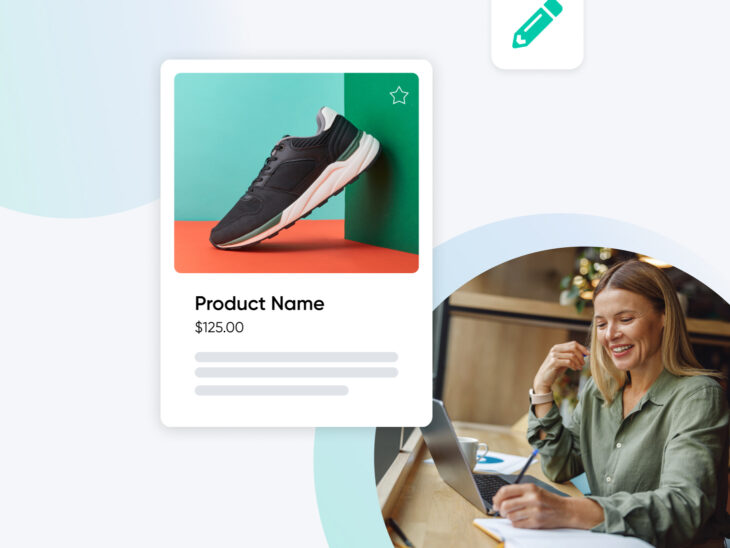
A Step-by-Step Guide To Performing A Content Audit On Your Website
There’s a reason Julie Andrews didn’t sing about data analysis instead of whiskers on kittens and raindrops on roses. Those things are...

Congratulations! You’ve done the hard website promotion work to lead a potential customer right to your product...

There’s a reason Julie Andrews didn’t sing about data analysis instead of whiskers on kittens and raindrops on roses. Those things are...

Let’s say you need to build an analytics dashboard for your business. You need one that looks professional and works well on...

Installing a Secure Sockets Layer (SSL) certificate on your WordPress website is like employing a bouncer to keep out any unwanted guests....

Imagine you're throwing a party and want to impress a certain someone by packing the house. Instead of relying on word-of-mouth, you hand...

CSS frameworks have changed the way developers approach web development by providing pre-built components and styles. However, many...

It's rare that an error message spurs a wave of emotions. But when you open your WordPress site and see, "The site ahead contains...

Pitch deck? Check. Business cards? Ready to go. Lucky underwear? Washed and folded. Business plan? Uh oh. So you have an...

Do you need a simple solution to improve your website's user experience and have complete control over your content? Hold onto your...